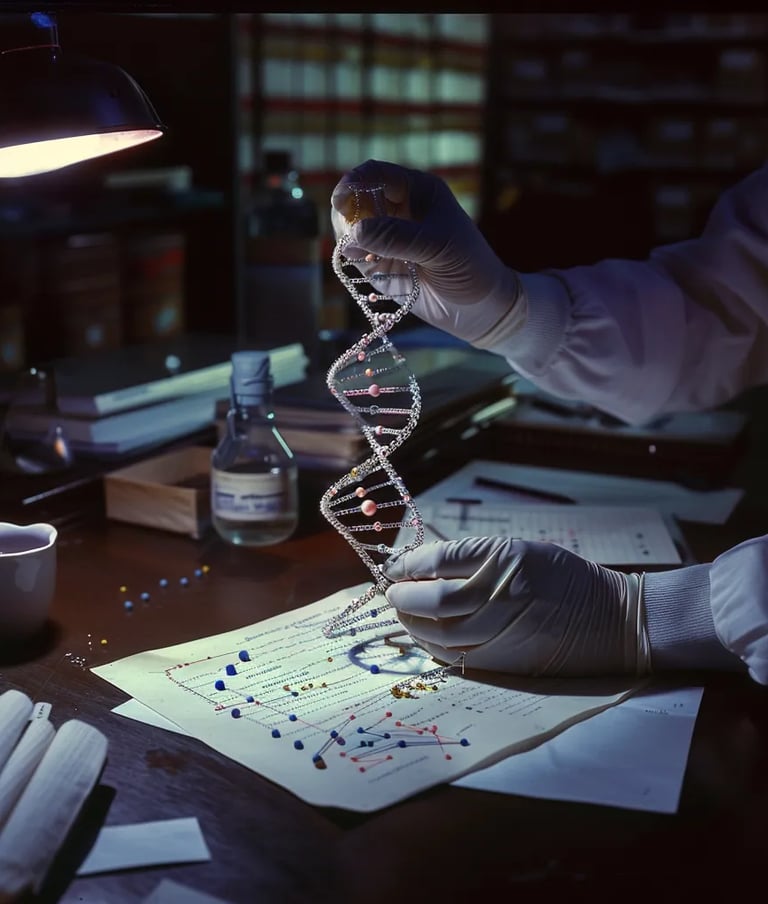On October 18, 1775, British naval forces attacked and burned the town of Falmouth (now Portland, Maine) during the American Revolutionary War. The bombardment was ordered as part of Britain’s effort to suppress rebellion in the colonies. Instead of instilling fear, the attack fueled colonial anger, leading to increased support for the revolution and influencing the establishment of the Continental Navy.


1775 – Burning of Falmouth




Boston shoemakers established the first recorded labor organization in the American colonies, seeking to improve working conditions and secure fair wages. Their collective efforts set an early precedent for organized labor movements in the United States. Over time, these grassroots initiatives led to formal trade unions, helping to establish workers' rights and inspire future labor legislation aimed at protecting employees in various industries.
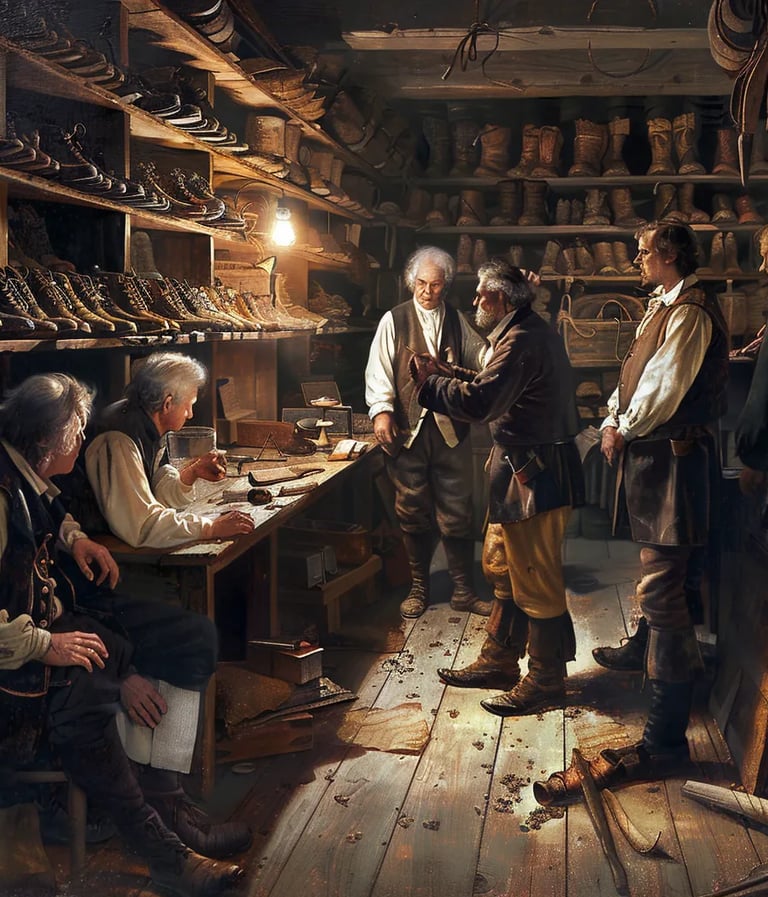

1748 – First American Labor Organization
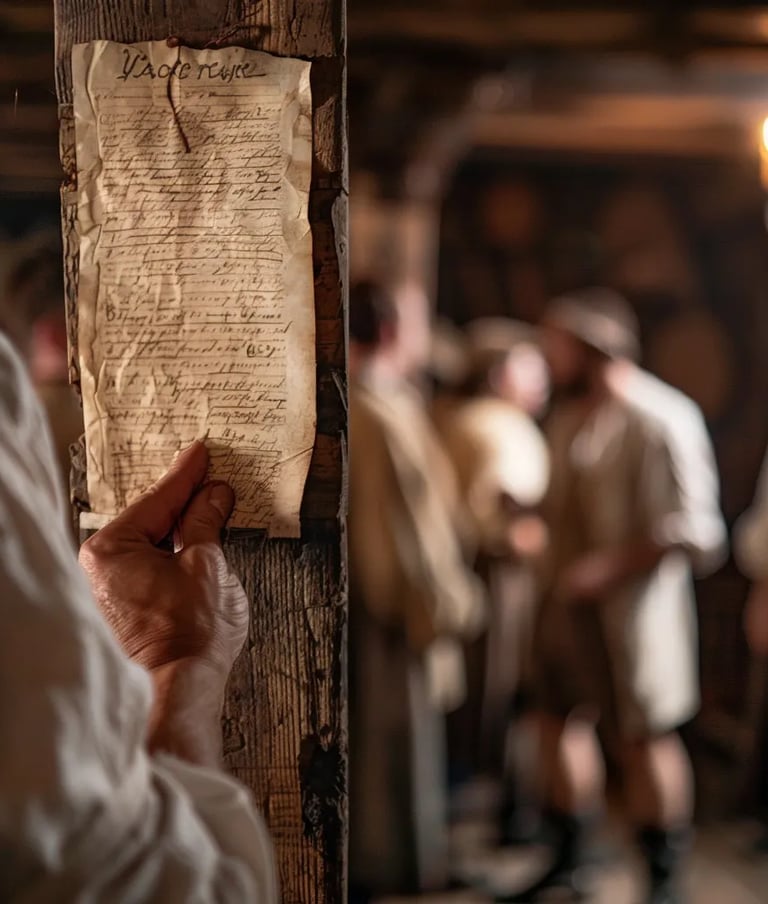



On October 18, 1867, the United States formally took possession of Alaska from Russia, finalizing a $7.2 million purchase agreement. The acquisition was initially mocked as "Seward’s Folly," as many believed the land had little value. However, Alaska later proved to be a vital asset due to its abundant natural resources, including gold and oil, playing a key role in America's economic expansion.
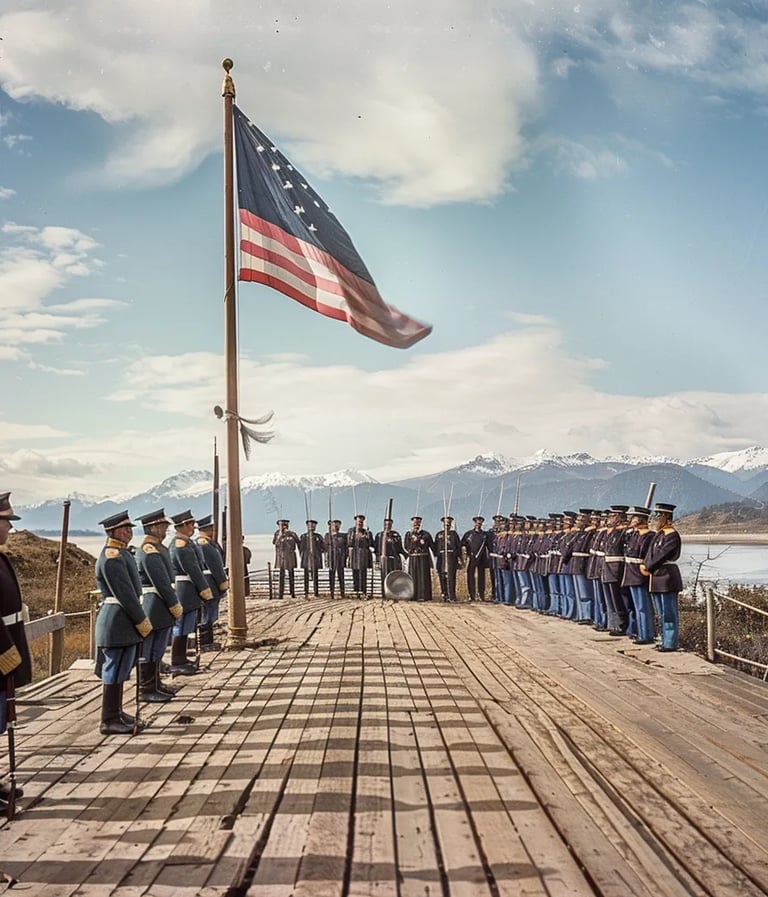

1867 – Alaska Purchase Completed
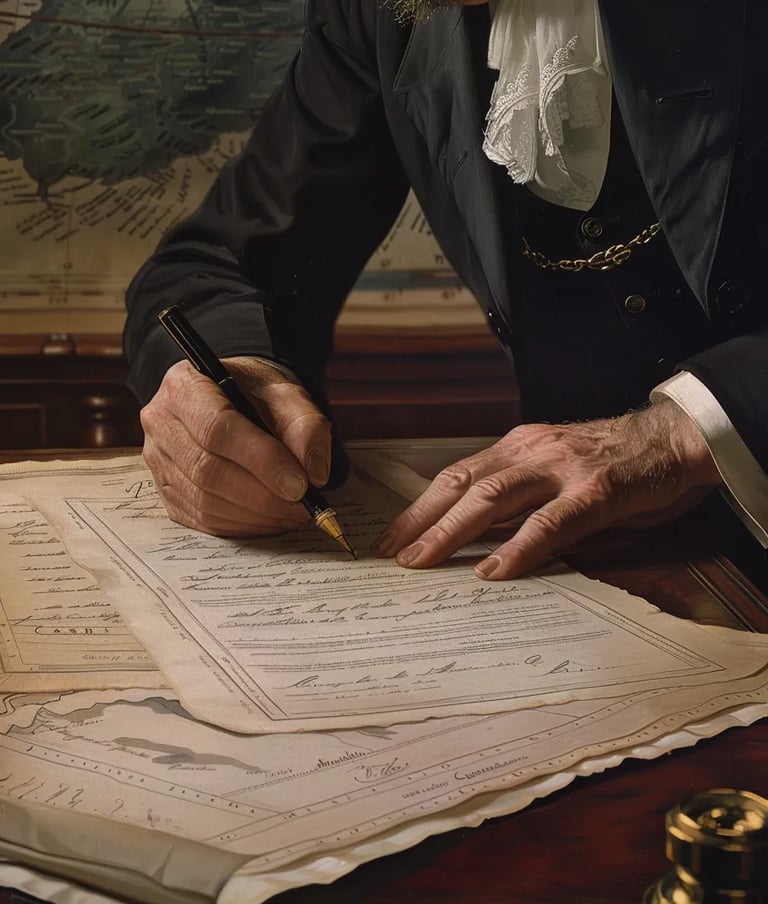



The British Broadcasting Company (BBC) was founded to oversee radio broadcasting in the United Kingdom. Initially established as a private corporation, it transitioned into a public service broadcaster in 1927. Over the decades, the BBC expanded into television, journalism, and digital media, becoming one of the most influential and trusted media organizations globally, known for its news coverage, documentaries, and cultural programming.


1922 – British Broadcasting Company Founded




On this day, James Watson, Francis Crick, and Maurice Wilkins were awarded the Nobel Prize in Physiology or Medicine for their discovery of DNA’s double-helix structure. Their work revolutionized genetics, enabling breakthroughs in biotechnology, forensic science, and medical research. This discovery laid the foundation for advancements in genetic engineering, hereditary disease research, and innovations such as DNA sequencing, which transformed modern science and medicine.









